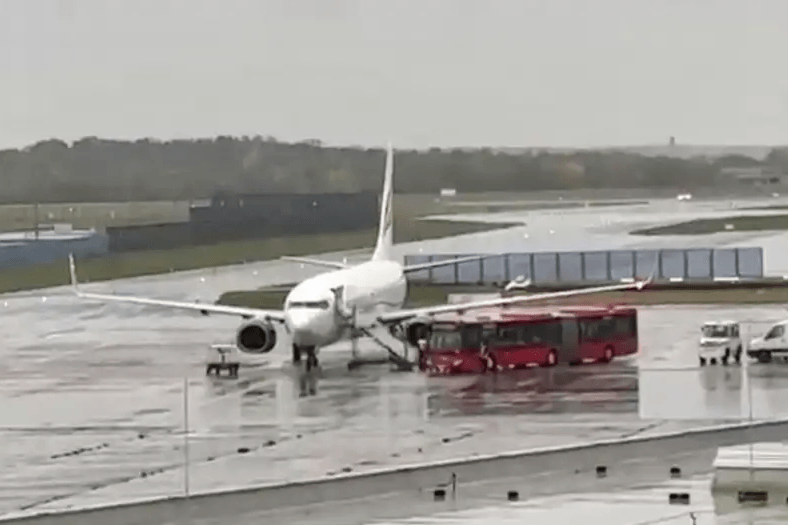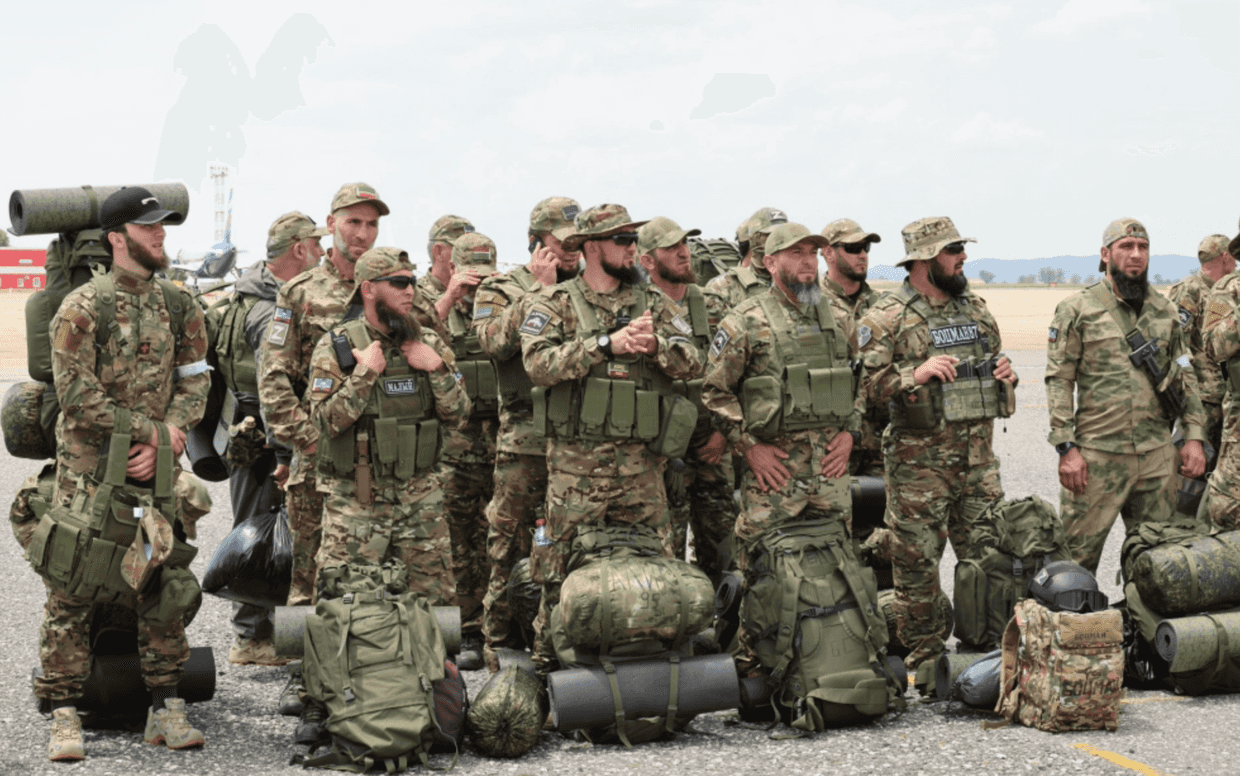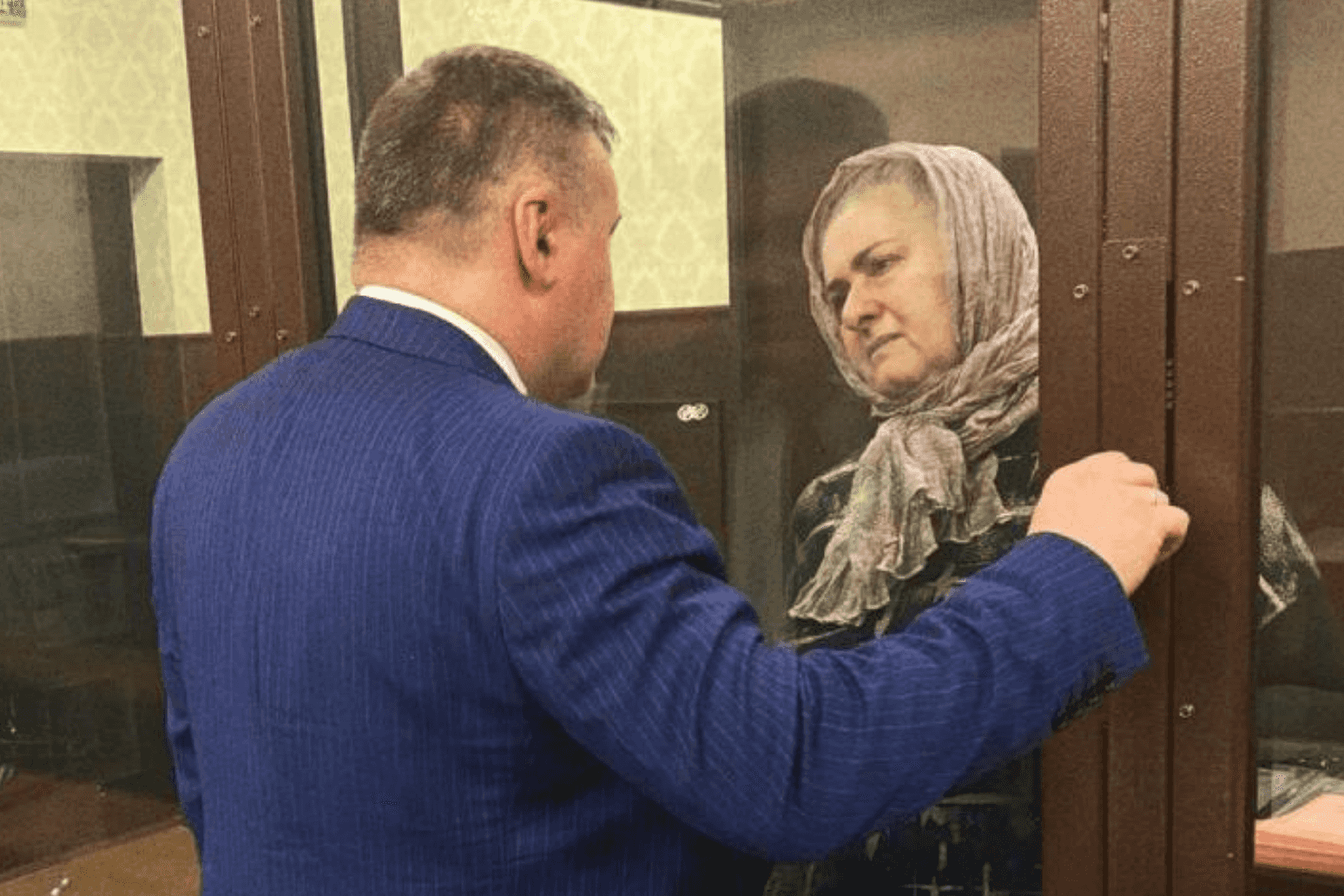
Germany has deported 12 relatives of Zelimkhan Khangoshvili, a Chechen field commander who was assassinated in Berlin by Russia.
According to German media those deported include his brother, Zurab Khangoshvili.
Deutsche Welle, citing Zelimkhan Khangoshvili’s widow Manana (Raisa) Tsiatieva, reported that on 23 October, German police broke down Zurab Khangoshvili’s door and used physical force against his 24-year-old son.
During the detention, Tsiatieva, citing a family member, said that the family’s mobile phones were confiscated before they were taken to the airport and sent on a charter flight to Georgia. Deutsche Welle reported that the family’s lawyers attempted unsuccessfully at the last moment to prevent the deportation.
The Khangoshvilis moved to Germany from Sweden about three years ago. According to Deutsche Welle, all of them are Georgian citizens. Zurab Khangoshvili reportedly feared for his safety in Germany.
In a press conference on 24 October, German Interior Ministry spokesperson told journalists that 48 people were deported on the flight to Georgia. She clarified that she could not comment on the identities of individual passengers and noted that the increase in the number of deportees was part of a coalition agreement between elected parties in parliament. Authorities in the federal state of Brandenburg have declined to comment.
The exact visa status of those deported and the reasons for their removal have not been specified by German authorities. Germany had previously announced stricter measures against illegal migration, but the specific grounds for the Khangoshvili family’s expulsion were not disclosed.
Zelimkhan Khangoshvili was assassinated on 15 August 2019 in Berlin. His murder triggered a diplomatic scandal and a serious deterioration in Russian-German relations. A representative of the German Public Prosecutor’s Office stated that the killing was carried out on the orders of the Russian state.
After the attack, German police arrested the perpetrator, Russian national Vadim Krasikov. A court in Berlin determined that the crime had been orchestrated by Moscow. Krasikov was a veteran of the elite Alpha unit of Russia’s Federal Security Service (FSB). He was later exchanged for Russian prisoners in 2024, and Russian President Vladimir Putin personally welcomed him upon his return to Russia.
Putin claimed that Zelimkhan Khangoshvili was one of the organisers of the Moscow Metro bombings, although no evidence was provided to support this. It was not clear which bombings he was referring to — the two in 2004 that collectively killed more than 60 people, or the 2010 bombings that killed 40 people. The German court did not consider these statements when delivering its verdict.
At present, the fate of Zurab and his family in Georgia remains unclear. Russian authorities have also not commented on their deportation.

This article was translated into Georgian and republished by our partner On.ge.










